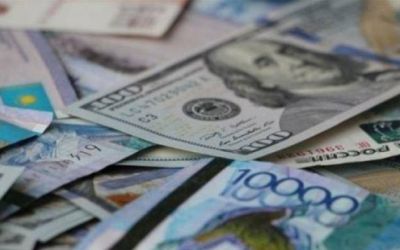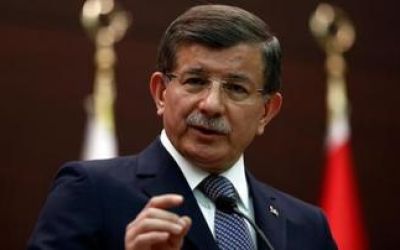China-EU relations will outride differences

Forty years of ties have made China and the EU the most important economic partners in the world. That President Xi Jinping made Europe his first overseas destination in 2019 points to the importance Beijing attaches to relations with the continent. As Global Times writes, Xi's visit to Italy, Monaco and France was the high point of China's diplomacy with the bloc this year, and the respective leaders underscored the strategic role of relations. Regardless of the international situation, Beijing has regarded Brussels as an important strategic partner, emphasizing the need to take ties in a positive direction.
In the backdrop of China's growing economic power and political influence, the European Commission and the High Representative reviewed EU-China relations and the related opportunities and challenges. They set out 10 concrete steps in terms of "a strategic outlook."
The EU-China Strategic Outlook report argues the balance of challenges and opportunities presented by China has shifted in the last decade. "China can no longer be regarded as a developing country," the report said. "China's economic power and political influence have grown with unprecedented scale and speed, reflecting its ambitions to become a leading global power."
China and the EU are comprehensive strategic partners, and both adhere to multilateralism and a rules-based international order. The cooperation with EU outweighs competition, and consensus supersedes differences.
However, some Western European countries harbor doubts about China and believe its approach is an attempt to damage European unity. President Xi's trip to Europe once again demonstrated China's willingness to cooperate with the EU.
So how does China get along with Europe in the new era? Politically, Europe generally accepts coexistence with China, but the added uncertainty is that the bloc is worried about Beijing's institutional competitiveness, which will divide and undermine unity within the EU. Economically, the scope of China-EU cooperation is very broad and profound with the bloc hoping to gain more access to the Chinese market.
Nonetheless, in recent times, the approach has changed with the EU trying to put roadblocks in the field of trade, investment and technology. In addition, the EU has strengthened its coordination with the US and Japan in trying to restrict China by changing WTO rules.
Transatlantic relations are shaky in economic, trade and political spheres. As expected, the EU did not form a closer relationship with China and in most cases chose to stand with the US. The EU's concern stems from the fact that political differences will queer the pitch for its economic and trade policies, and thus undermine its stance on market rules, public procurement, environmental impact assessment and technical standards.
For example, the EU believes that China's infrastructure projects with Central and Eastern European countries have the possibility of violating regulations. Brussels is also skeptic about the "16+1" cooperation mechanism between the two sides.
Since the reform and opening-up, Europe has always occupied an important place in China's foreign policy. Ties with the EU have become an important part of China's external affairs. Competitiveness between China and Europe may still exist in the future, but the areas of cooperation will further expand. China and the EU need to handle differences between the two sides in a pragmatic and inclusive manner.
The most difficult obstacle for Europe to overcome in its relations with China is the insurmountable differences in identities.
The two sides have great opportunities for cooperation in global climate management, maintaining the multilateral trading system, and maintaining the authority and role of the United Nations. As understanding between the two deepens, there are conditions for further strengthening cooperation. If efforts are made, these conditions can be utilized.
As the world is facing drastic changes, despite the complexities and difficulties we may face on the road ahead, a stable China-EU comprehensive strategic partnership is an essential factor in contemporary international order and a model for maintaining multilateral cooperation.
China-EU relations have a significant stabilizing effect on global economic recovery. The Belt and Road Initiative proposed by China and the European 2020 Strategy are common development opportunities for China and Europe. Cooperation between the two sides can promote the development of projects in various fields such as infrastructure, clean energy and artificial intelligence, which can contribute immensely to ties.


























































